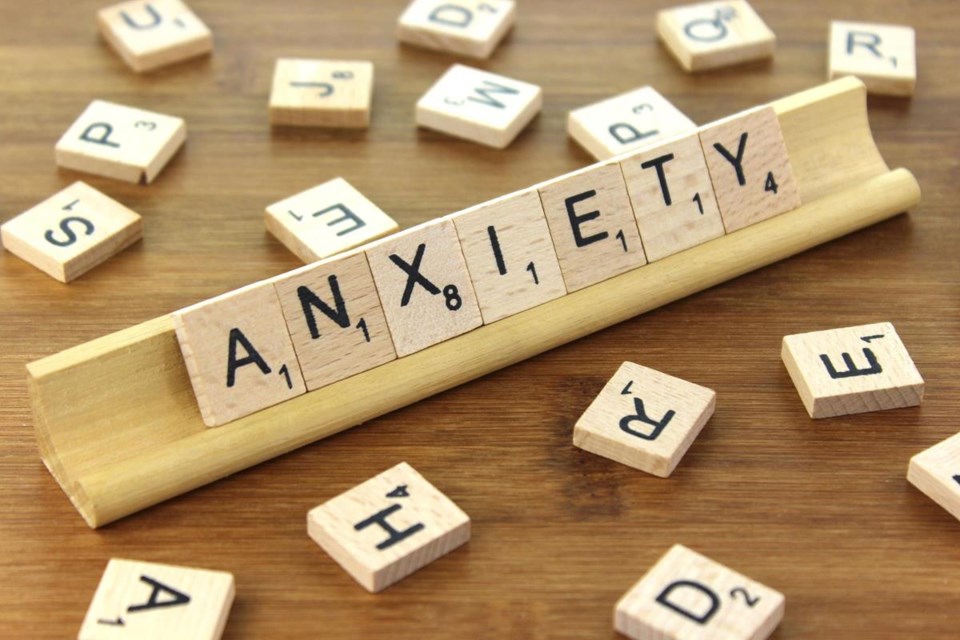What holds you back?
Looking back on your life (so far), do you regret more the mistakes you’ve made or the great things you didn’t accomplish? We may never get around to the top of our bucket lists due to the endless distractions of daily life. But sometimes, the causes are self-doubt and fear. What would you do if you weren’t afraid to try?
Why anxiety exists
Anxiety is an essential human emotion.
We exist — and anxiety exists in us — because of its evolutionary value. Without fear, your ancestors would have not run from a tiger or sounded the village bell when the enemy was approaching. Without anxiety, you wouldn’t plan and save for the future. The instinct of fear alerts us to potential danger.
With social anxiety, specific social situations, such as an interview, meeting new people or talking in front of a group triggers emotional distress. With phobias, the specific triggers can be spiders, heights or needles.
Anxiety can be paralyzing. Panic attacks can be experienced as dramatic physical symptoms including sweating, shortness of breath, chest tightness and tingling in the extremities. They can be triggered by certain situations, such as crossing bridges, or they can come without warning. Some sufferers become fearful of the next attack.
With obsessive compulsive disorder, increased anxiety triggers obsessive thoughts or the compulsion to carry out a particular ritual action, such as washing the hands or checking locks.
Anxiety can limit our life choices
We may never venture beyond our comfort zones. Anxiety can rob us of potential happiness by preventing us from connecting with others, saying what we need to say and pursuing our greatest dreams.
In my next column, I’ll explain how these treatments work, and with our new understanding of neurophysiology, how you can learn to change how your brain functions.
Davidicus Wong is a family physician and his Healthwise columns appear regularly in this paper. For more on achieving your positive potential in health, see his website at davidicuswong.wordpress.com. For more information on anxiety and to read this article in its entirety visit vancourier.com.



